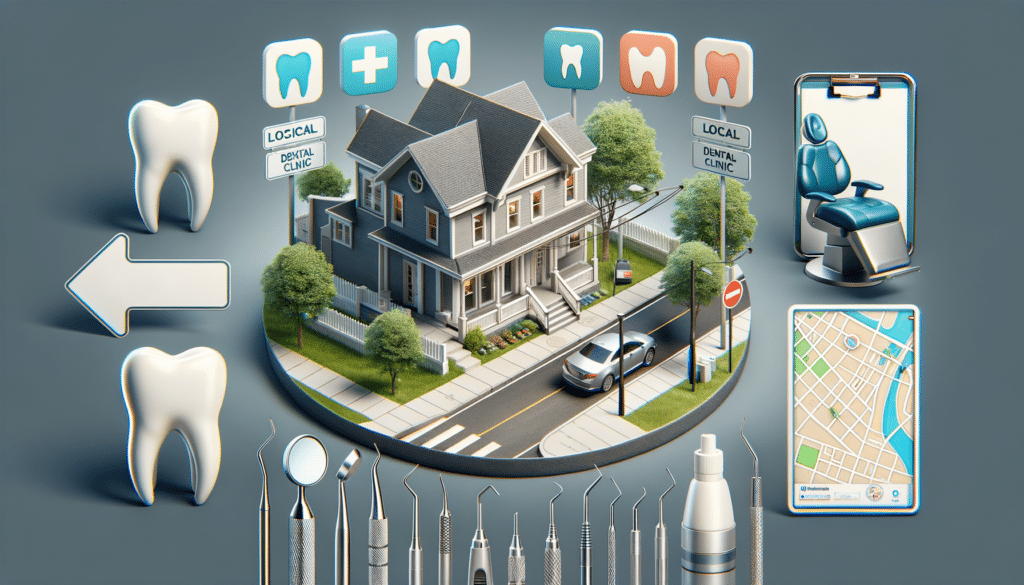Understanding Car Leasing: A Flexible Alternative to Ownership
Car leasing has emerged as a popular alternative to traditional car ownership, providing individuals with the opportunity to drive new vehicles without the long-term commitment of buying. Leasing a car involves paying for the use of the vehicle over a specified period, typically two to four years, after which the car is returned to the leasing company. This arrangement offers flexibility and often lower monthly payments compared to purchasing a vehicle outright.
One of the key advantages of leasing is the ability to drive a new car every few years. This is particularly appealing to those who enjoy the latest technology, safety features, and styles that new models offer. Leasing also eliminates concerns about the depreciation of the car’s value, as the lessee is not responsible for selling the vehicle at the end of the lease term.
However, leasing does come with its own set of considerations. Lessees must adhere to mileage limits, typically ranging from 10,000 to 15,000 miles per year, with fees for exceeding these limits. Additionally, lessees are required to maintain the car in good condition, as excessive wear and tear can result in additional charges at the end of the lease. Despite these considerations, car leasing remains a viable option for those seeking a hassle-free driving experience with predictable monthly expenses.
Financial Benefits of Car Leasing
One of the most compelling reasons to consider car leasing is the financial benefits it offers. Leasing often requires a lower down payment compared to purchasing a car, making it a more accessible option for many. Monthly lease payments are generally lower than loan payments for a purchased vehicle, as lessees are only paying for the car’s depreciation over the lease term, rather than the full purchase price.
Leasing also provides the advantage of predictable expenses. With a lease, maintenance and repair costs may be lower, as the car is typically under warranty for the duration of the lease. This can be a significant benefit for those who want to avoid unexpected repair bills. Additionally, some lease agreements include routine maintenance services, further reducing potential costs.
For businesses, leasing can offer tax advantages. Lease payments may be deductible as a business expense, which can result in substantial tax savings. This makes leasing a particularly attractive option for companies that need to manage a fleet of vehicles while optimizing their financial resources.
Comparing Leasing and Buying: Which is Right for You?
Deciding between leasing and buying a car depends on individual preferences and financial circumstances. Buying a car offers the advantage of ownership, allowing the buyer to keep the vehicle as long as desired and drive unlimited miles without penalties. Once a car loan is paid off, the owner enjoys the benefit of not having monthly payments.
In contrast, leasing provides the opportunity to drive a new car every few years, which can be appealing for those who prioritize having the latest features and technology. Leasing also offers lower monthly payments and reduced repair costs, making it a cost-effective choice for some.
Potential car buyers should consider their driving habits, financial goals, and lifestyle when deciding between leasing and buying. Those who drive extensively may find leasing less advantageous due to mileage restrictions, while individuals who enjoy owning and customizing their vehicles may prefer the freedom of buying. Ultimately, the decision should align with personal priorities and financial plans.
Environmental Impact: Leasing and Sustainability
Leasing can contribute to environmental sustainability by promoting the use of newer, more fuel-efficient vehicles. Newer cars typically have lower emissions and better fuel economy, which can reduce the overall environmental impact of driving. By leasing, individuals have the opportunity to frequently upgrade to vehicles with improved environmental performance.
Furthermore, leasing supports the automotive industry’s shift towards more sustainable practices. As manufacturers focus on producing environmentally friendly vehicles, leasing provides a pathway for consumers to access these innovations without a long-term commitment. This can accelerate the adoption of eco-friendly technologies, such as electric and hybrid vehicles, contributing to a reduction in carbon emissions.
While leasing offers potential environmental benefits, it is important for consumers to consider their own driving habits and the specific vehicles they choose. Opting for models with high fuel efficiency and low emissions can enhance the positive impact of leasing on the environment.
Future Trends in Car Leasing
The car leasing industry is evolving, with trends that reflect changing consumer preferences and technological advancements. One emerging trend is the rise of flexible lease terms, allowing consumers to customize the duration and mileage of their leases to better suit their needs. This flexibility can make leasing more accessible and appealing to a wider range of drivers.
Another trend is the integration of digital platforms in the leasing process. Online tools and apps are streamlining the leasing experience, providing consumers with easy access to information, quotes, and lease agreements. This digital transformation enhances convenience and transparency, making it easier for individuals to navigate the leasing process.
Additionally, the growing popularity of electric vehicles (EVs) is influencing the leasing market. As more consumers seek environmentally friendly transportation options, leasing offers an attractive way to experience the latest EV models without committing to a purchase. This trend is likely to continue as manufacturers expand their EV offerings and infrastructure for charging becomes more widespread.





